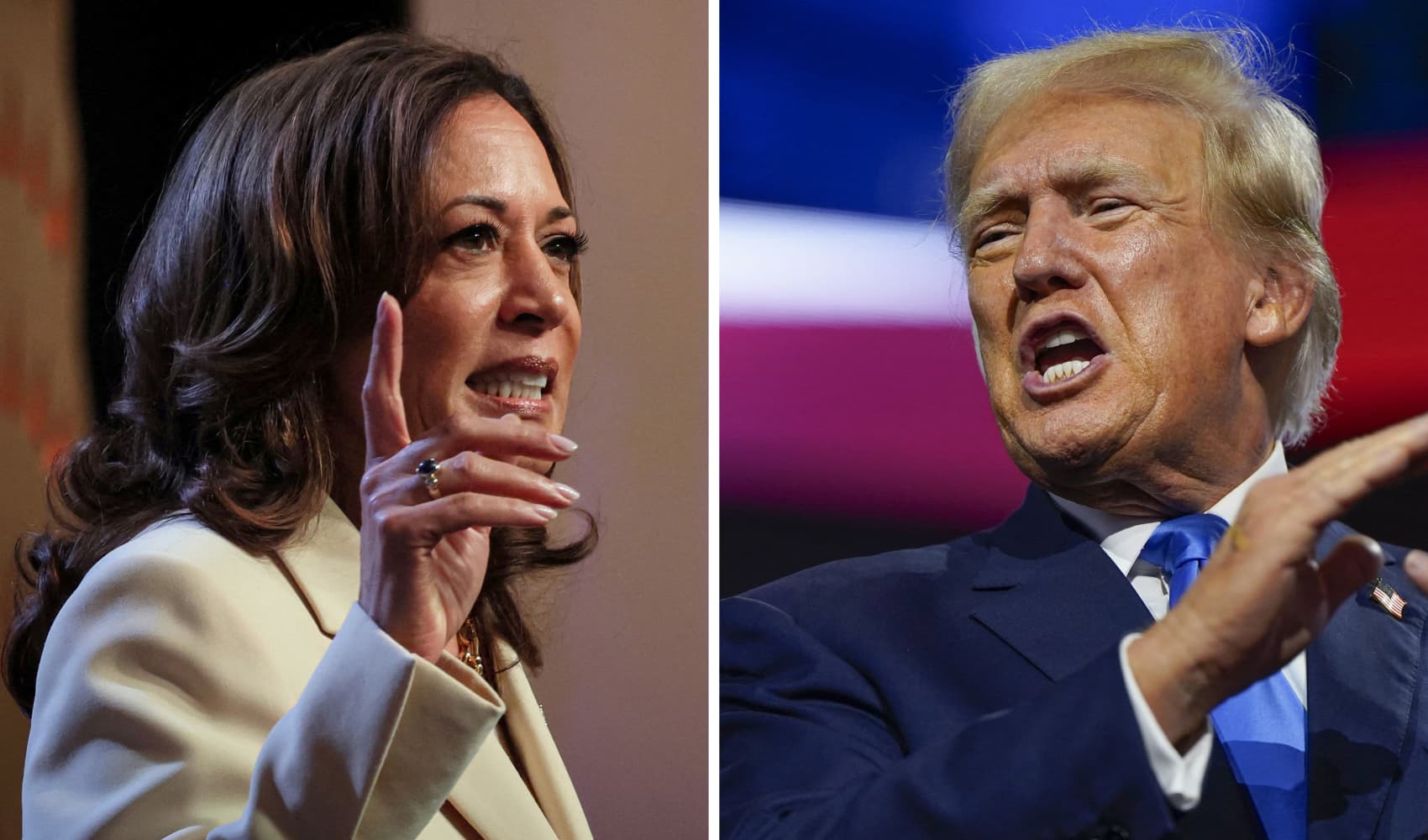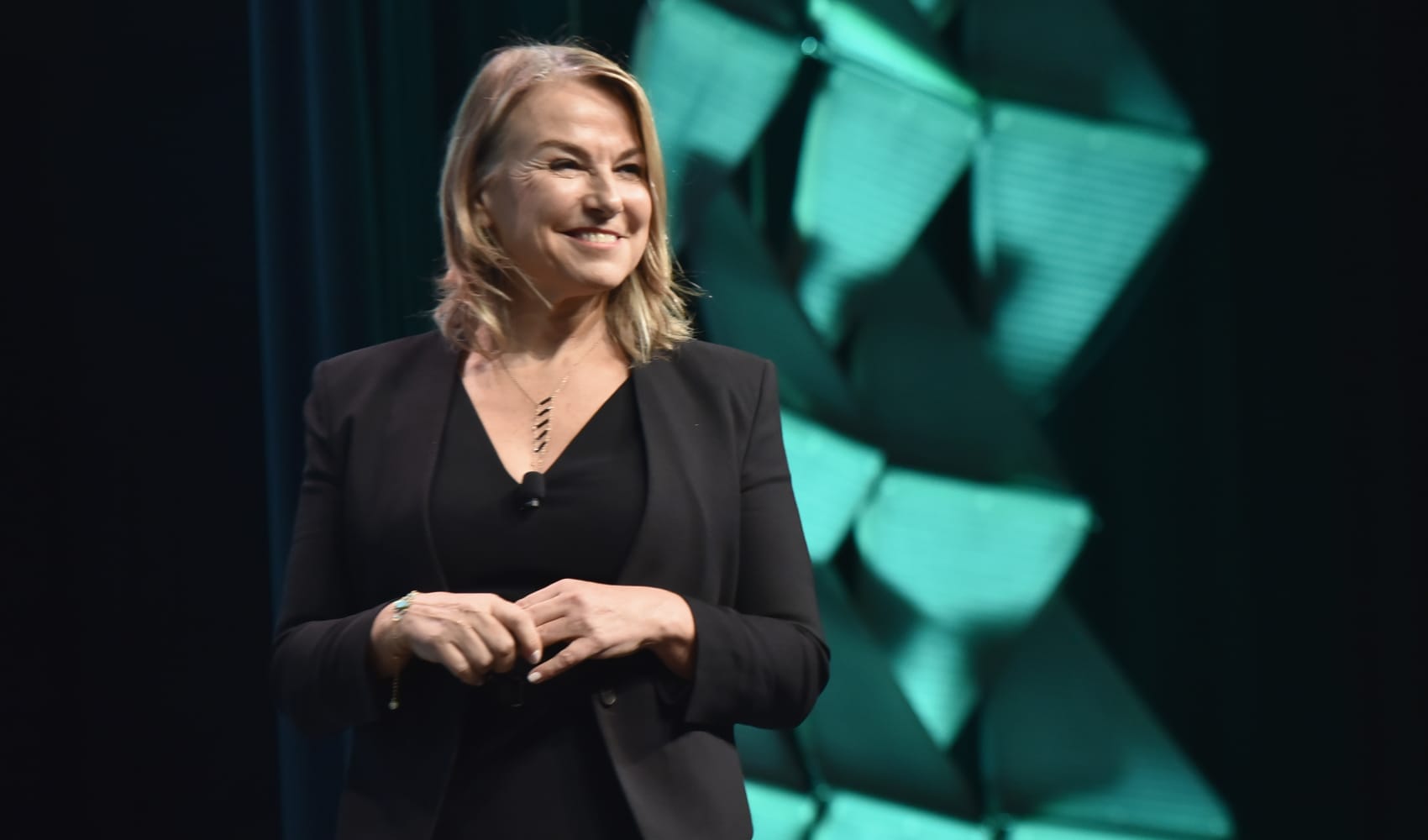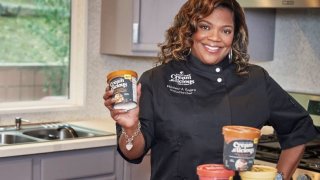
- Following the murder of George Floyd, many businesses pledged to bring more minority-owned products into stores and online.
- Twenty-five companies including Macy's and Gap signed the 15 Percent Pledge, one effort to make companies dedicate more shelf space to Black entrepreneurs.
- The commitments have boosted small businesses that sell everything from ice cream to hair care to shoes in ways that they could not have achieved so quickly otherwise.
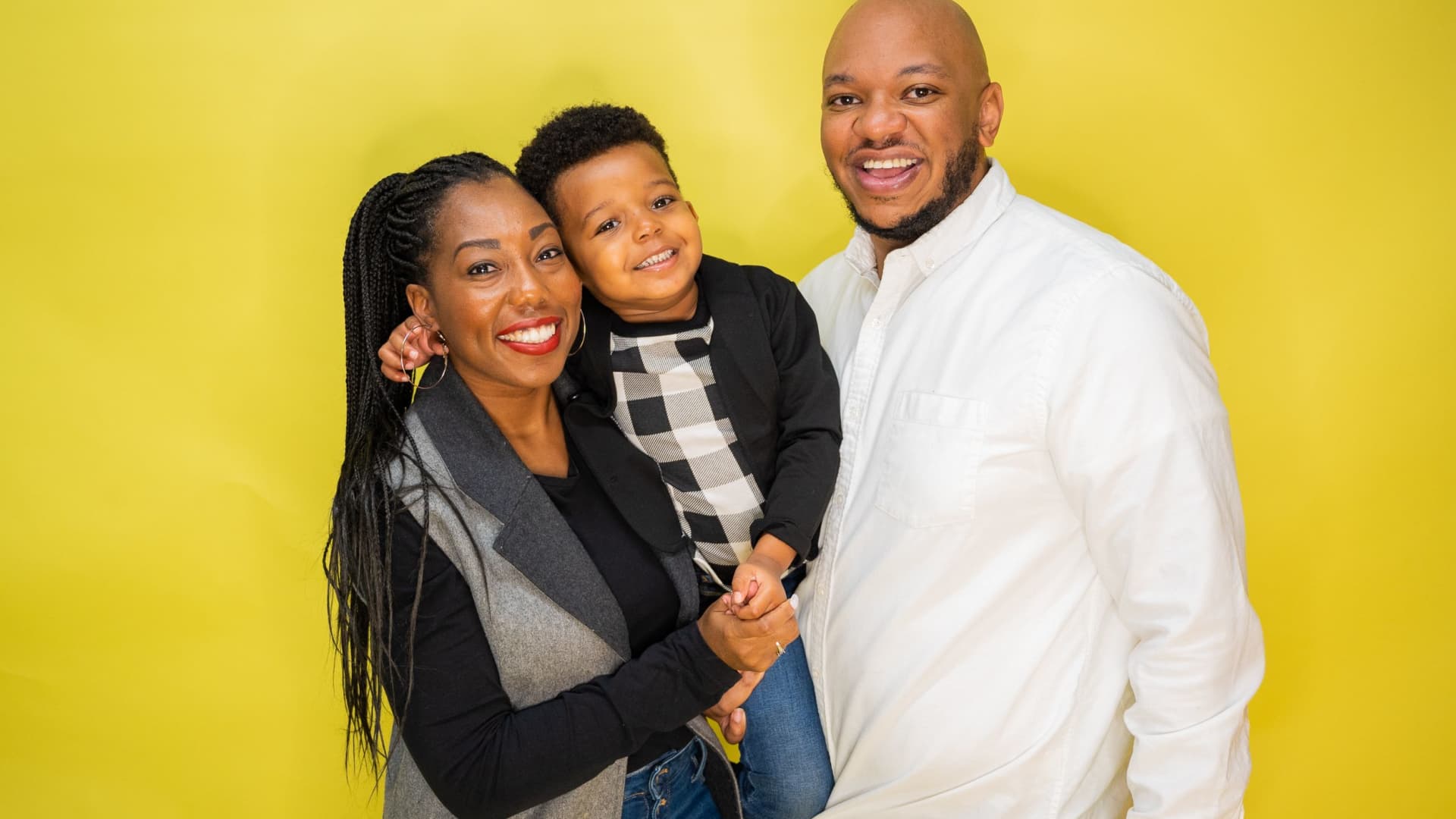
When Cora Miller had her son, she discovered the baby had a full head of hair — and found few products on the market to style it.
A lot of gels, mousses and creams smelled like fruit and flowers or came in pink bottles. That search inspired Cora Miller and her husband, Stefan, to start their own company, Young King Hair Care. They designed the line of plant-based, natural hair products with little Black boys like their son in mind, and launched the product just before his third birthday.
Get top local stories in Connecticut delivered to you every morning. Sign up for NBC Connecticut's News Headlines newsletter.
"I really wanted my son to see himself in the products he uses," said Cora Miller, the company's co-founder and CEO. "It was a bugging, nagging feeling about this that wouldn't go away."
Young King is now on the shelves of two of the country's largest retailers, Walmart and Target. It is among the growing number of Black-owned brands that national retailers have begun to sell over the past year in a push to better reflect diverse customers and a commitment to advancing racial equity after the murder of George Floyd.
Companies have made pledges and earmarked donations over the past year. Yet the expanding assortment of Black-owned goods on national retailers' shelves and websites has become one of the most visible signs of change in the corporate world.
Money Report
Floyd's murder one year ago Tuesday not only cast a harsh light on police treatment of Black Americans, said Americus Reed, a professor of marketing at the Wharton School. It led to a reckoning about how Black businesses have been boxed out of economic opportunities and reflected by offensive brands, such as Aunt Jemima or Uncle Ben's.
By seeking more Black suppliers, retailers have combined "social change and economic savviness" and made a move that can boost companies' reputations and sales, he said.
"It's an investment," he said. "It's a long-term play to signal to a community that 'We've got your back.'"
More space on shelves
Four days after Floyd's murder, Aurora James challenged companies in an Instagram post.
"So many of your businesses are built on Black spending power," she wrote. "So many of your stores are set up in Black communities. So many of your posts seen on Black feeds. This is the least you can do for us. We represent 15% of the population and we need to represent 15% of your shelf space."
A year later, 25 companies — including prominent retailers like Macy's, Sephora and Gap — have pledged to do that. James, a Black entrepreneur with a luxury brand called Brother Vellies, leads the 15 Percent Pledge.
James said she has seen progress made by the companies firsthand. A company that joins the pledge signs a contract with the nonprofit, which audits it each quarter. She said the nonprofit looks at its purchase orders and tracks representation of products on shelves. The group also shares resources, such as a database of Black-owned businesses and suggests strategies that companies can use to grow a diverse base of suppliers.
Beyond growing the number of products, retailers are becoming stronger and more supportive business partners, James said. For instance, she added, companies are not only reaching out to Black entrepreneurs who have historically been left out, but are guiding them through common challenges experienced by early-stage businesses. Examples she cited include assisting with package or logo design or paying deposits to businesses when orders are placed to provide upfront capital.
James recently met on Zoom with a group of entrepreneurs who are part of Sephora's accelerator program. All were women and people of color who are developing makeup and skin-care products for women who look like them.
"Every day, I am hearing messages from Black-owned businesses that are scaling into these opportunities," she said. "It's a real game changer. ... Ultimately, when we actually empower entrepreneurs, who are in many cases living and working in Black communities, that's when we're really going to start to see a big difference across this country," she said.
Other retailers have announced similar commitments and new approaches.
Lowe's had a "Shark Tank"-like competition to identify promising products from entrepreneurs of diverse backgrounds and reward them with shelf space, marketing support and small business grants. Ulta Beauty plans to spend more than $4 million on marketing to help Black-owned brands gain traction. Target is launching a new eight-week accelerator program for Black-led start-ups, Forward Founders, as part of a commitment to spend more than $2 billion with Black-owned businesses by the end of 2025. And Walmart featured some Black-owned beauty brands in a recent TikTok streaming event.
James has criticized some companies that have declined to take the 15 Percent Pledge, such as Target, saying its initiatives do not go far enough and don't come with the same level of accountability.
"Whether or not Target wants to take the pledge or any of these other companies want to take the pledge, we're still going to keep holding their feet to the fire and pushing them to do more," she said.
Breaking in
Those efforts have already begun to help minority-owned brands get onto shelves.
Creamalicious Ice Creams, founded by the Black chef and restaurateur Liz Rogers, made its way into Walmart stores in February. Its pints arrived in the freezer aisle several months after Walmart CEO Doug McMillon sent a letter to employees last summer pledging to advance racial equality within its business.
"It's very hard to get into the [ice cream] category because it's extremely competitive, there's no room on the shelves, ... and when you're new, they're not very open to making room," Rogers said. "As a minority business, breaking into the frozen dessert category, you have to be a lot more innovative. You have to have a brain and a story, and you have to speak different and stand on your own."
Rogers said being authentic and true to her Southern roots is what ultimately helped her succeed. "People told me, 'Don't call Walmart because they're going to say no.' And I said, 'Well they can say no.' But they ended up saying yes. And now I'm trying to work with other retailers."
Creamalicious' flavors of ice cream, sold online and in some Meijer grocery stores, include "Slap Yo' Momma Banana Pudding," "Uncle Charles Brown Suga Bourbon Cake," and "Porch Light Peach Cobbler." All of them come with family recipes and draw on African American culture and childhood memories, Rogers said
"Doug McMillon didn't just write a letter," she said. "They welcomed me with open arms. ... They taught me how to navigate through the system, and mentor me. They were very sincere in wanting me to win."
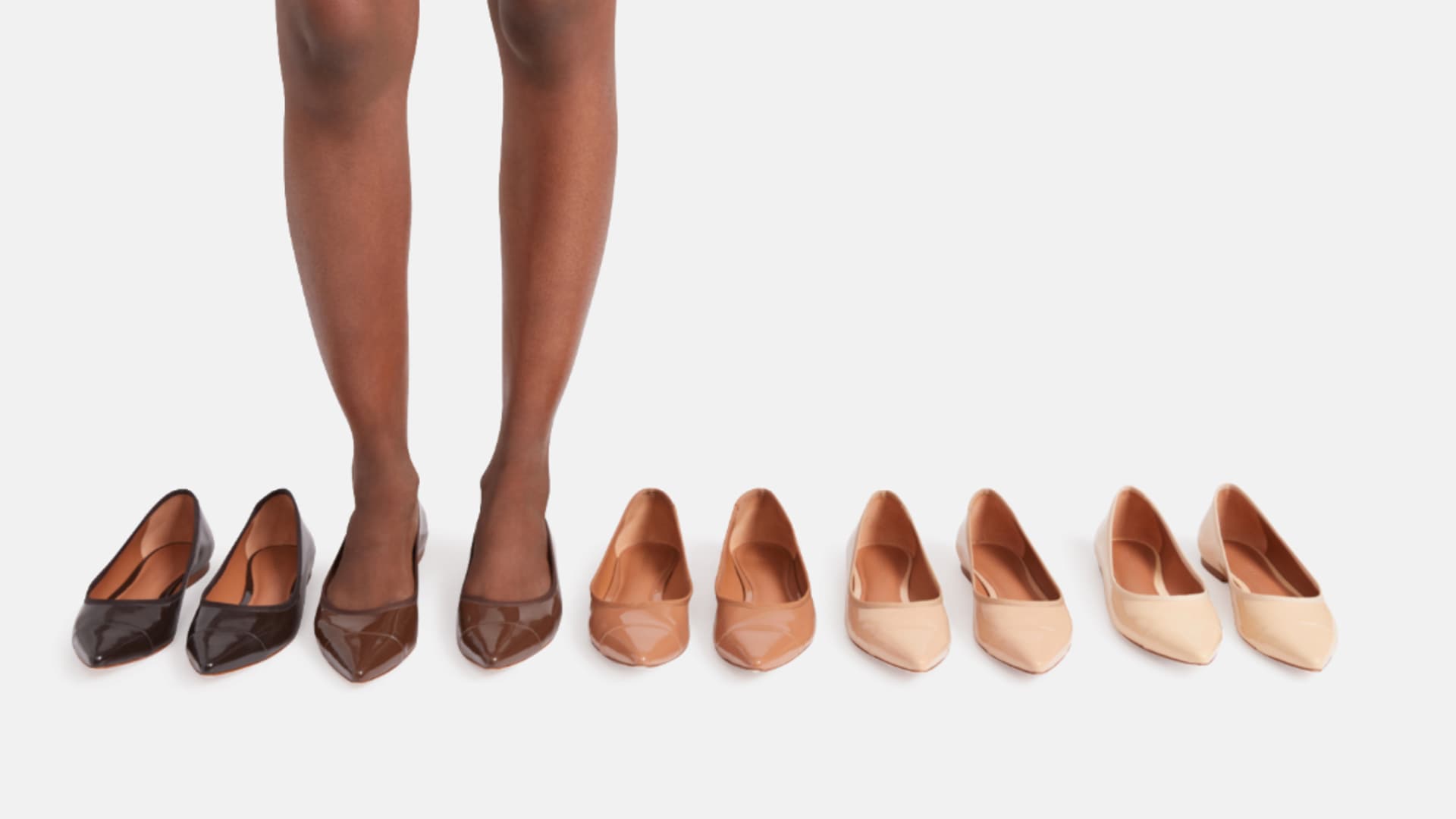
A footwear brand that caters specifically to Black and Brown women, Rebecca Allen, debuted on Nordstrom's website this week, and its styles will head to select Nordstrom stores later this year.
The department store announced last fall its goal to bring in $500 million in retail sales from brands owned, operated or designed by Black and/or Latinx individuals by 2025. It was one of a series of diversity and inclusion goals the company set last August. Separately, it committed to include more Black-owned beauty brands in the merchandise mix.
Nordstrom's buying team has since received a flood of Instagram messages and emails from Black-owned businesses, said Teri Bariquit, its chief merchandising officer.
"There was this momentum and this call to action that gave a platform for more change, faster," she said. "There has been a lot of very organic outreach directly to us. People see an open door, and we always take those calls."
Allen, a former Goldman Sachs vice president, founded the company because of her own struggles when shoe shopping. The company's assortment of heels, flats and sandals come in a wider range of shades, including those that match the skin tone of women of color.
Allen said retailers not only can put brands in front of consumers but can also reverse many years of Black businesses not getting access to the capital they needed to grow.
"It is certainly not enough just to say we're going to bring these brands on. But it's really: How are we supporting them to actually be successful, and how are we defining that success?" she said.
Allen has facilitated conversations among other Black-owned brands with Nordstrom to share stories of success and failure, and learn from each other, she said.
"For any of these companies, it's not going to help anybody if they're just saying, well, we did it, we hit this 15% quota — or whatever it is," Allen said.
For so many Black entrepreneurs, just getting a call or email back from a buyer has often been a struggle, Young King's Miller said. The company's story shows how getting noticed by a national retailer "changes the trajectory of your company," she said.
Young King began selling products online in 2019. Yet its business accelerated after its curling cream and conditioner got picked up by Target in January and at Walmart in March. Sales have approximately tripled from a year ago, she said. That has given the company runway to launch new styling products and enter a category outside of hair care, she said.
Target, for instance, mentored the company in its beauty accelerator. It also offered the company endcap displays at nearly 200 stores at a discounted price, she said.
She said she often walks the store aisles with her son, Kade, now 4. The couple has "paid it forward" by hiring other Black-owned businesses, including the manufacturer of the hair-care products and the fulfillment company that ships orders.
"It's been a long time coming, to be honest," she said. "It's kind of crazy to think that there weren't a lot products for Black or Brown people. There just wasn't. And so I always get so excited to learn and see other emerging Black-owned brands and see them filling in spaces and gaps."


